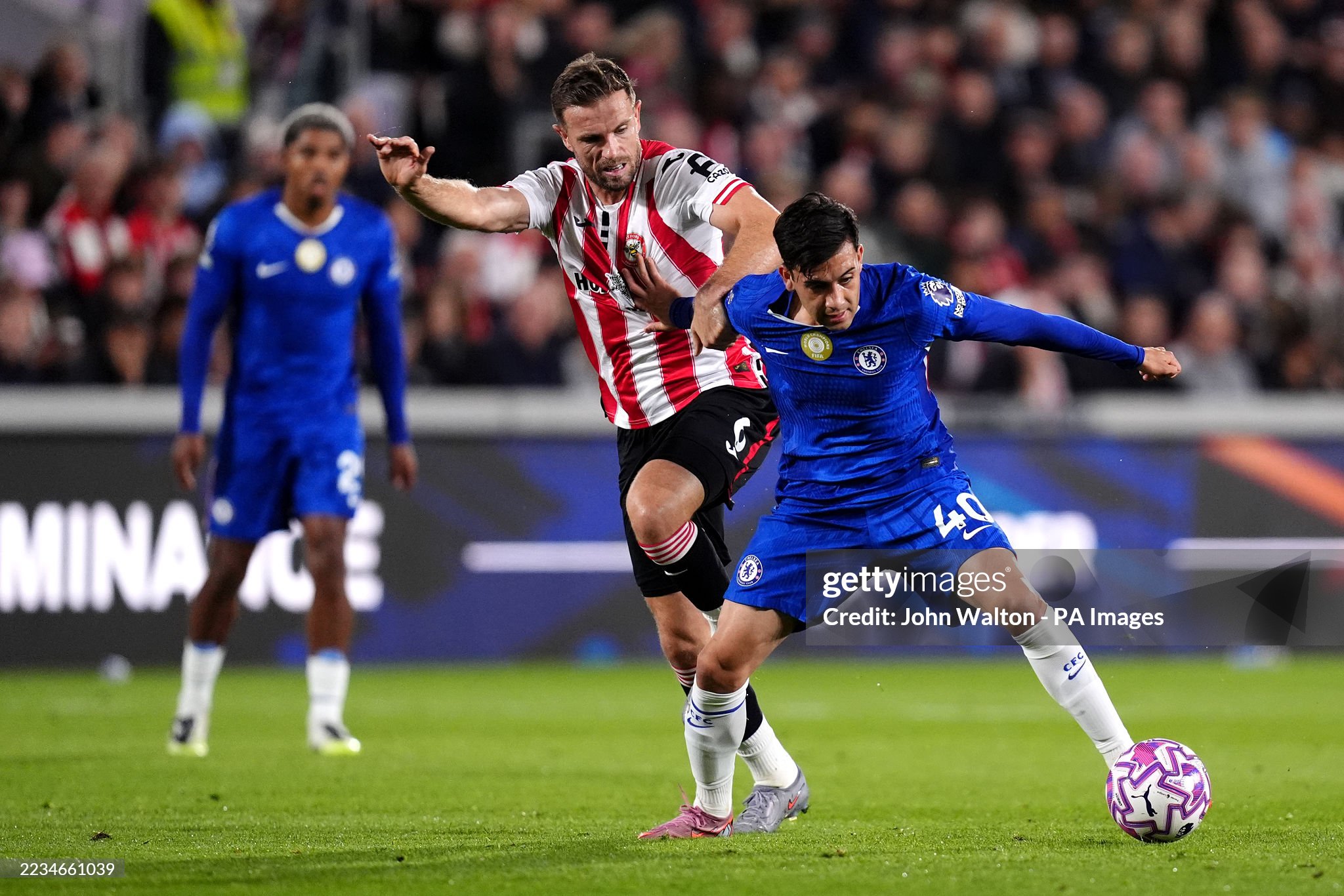Real Madrid suffer a major blow as Trent Alexander-Arnold picks up a thigh injury against Marseille. The English right-back could miss six to eight weeks, leaving Xabi Alonso without both him and suspended Dani Carvajal.
Real Madrid’s Champions League opener at the Santiago Bernabéu against Marseille should have been remembered as the night their new star right-back, Trent Alexander-Arnold, made his long-awaited European debut in the famous white shirt.
Instead, just four minutes into the match, disaster struck. The English international pulled up clutching his right thigh, signalling immediately that he could not continue. Medical staff rushed on, and with frustration written across his face, Alexander-Arnold trudged off the pitch, leaving behind a stunned crowd who had been eager to see him in action.
It was a cruel twist of fate for a player whose transfer to Madrid was one of the summer’s most talked-about moves. After a decade at Liverpool, where he redefined the role of a modern right-back with his passing range and creativity, Alexander-Arnold made the bold leap to Spain in search of a new challenge. For Florentino Pérez and Madrid’s hierarchy, signing the 25-year-old represented both a statement of intent and a strategic succession plan. Dani Carvajal, the long-serving right-back, had struggled with injuries in recent seasons, and Alexander-Arnold was seen as the natural heir for the position.
But Madrid’s plan unravelled almost instantly. With Alexander-Arnold forced off, Carvajal entered the field, only to find himself dismissed in the 74th minute after clashing heads aggressively with Marseille goalkeeper Gerónimo Rulli. Madrid won the game 2-1, but Xabi Alonso, standing on the touchline, must have felt a sinking sense of déjà vu: his team now faces another defensive crisis at right-back, barely a month into the new campaign.
The club has confirmed Alexander-Arnold’s injury is a thigh muscle problem, though they stopped short of giving an official recovery timeline. Spanish media outlets, however, report that he is expected to miss six to eight weeks. If accurate, this spells a nightmare run of absences. He would likely miss key La Liga matches against Sevilla, Villarreal and Atlético Madrid, as well as the upcoming Champions League fixtures that will shape Madrid’s path to the knockout stages. His absence also rules him out of England’s international schedule, a blow to Gareth Southgate, who had planned to test Alexander-Arnold in midfield roles as part of his evolving squad structure.
For Xabi Alonso, the timing could not be worse. The young coach has made a strong start since taking over at the Bernabéu, but the loss of both Alexander-Arnold and Carvajal simultaneously forces him to rethink his defensive setup. “It’s a difficult situation, but this is Real Madrid,” Alonso is reported to have told his staff after the match. “We adapt, and we find solutions.”
One such solution may come in the form of Federico Valverde. The Uruguayan has long been one of Madrid’s most versatile assets, capable of playing in central midfield, on the right wing, and even as a makeshift full-back when the situation demands. Last season, during one of Carvajal’s longer injury absences, Valverde was tested in that role with mixed results. His energy, pace and stamina make him a suitable emergency option, though Madrid would lose some balance in midfield by redeploying him defensively.
Another possibility lies in turning to the club’s academy. Castilla full-back Vinícius Tobias, for example, has been tipped for future promotion, though throwing him into Champions League action would be a huge gamble. Madrid could also consider shifting Nacho Fernández, the club’s veteran utility defender, to the right-hand side though his age and reduced pace limit his effectiveness in that position.
For Alexander-Arnold, this injury represents a frustrating start to life in Spain. His signing was seen as a coup for Madrid, not only strengthening their squad but also sending a message across Europe: Los Blancos remain determined to collect the world’s finest talents. His creative qualities were expected to give Madrid’s attack another dimension, with his trademark diagonal passes and whipped crosses perfectly suited to strikers like Vinícius Júnior and Endrick. Fans had hoped to see the Englishman replicate, and even surpass, the influence he had at Liverpool. Instead, they will now watch anxiously as he begins his rehabilitation, knowing that muscle injuries of this type are often tricky and prone to setbacks.
The financial and sporting stakes are high. Alexander-Arnold arrived in Madrid with one of the biggest contracts of the summer, his transfer fee and wages signalling the club’s long-term trust in him. But as history has shown, big-name arrivals at the Bernabéu are judged not by their market value but by their ability to deliver consistently on the pitch. Early injuries, particularly long ones, can sometimes derail even the most talented careers in Spain.
Still, optimism remains. Six to eight weeks is a setback, but not a season-ending catastrophe. If Alexander-Arnold’s recovery goes smoothly, he could return in time for the decisive Champions League fixtures later in the group stage and be fully fit for the second half of the La Liga season. For Xabi Alonso, the challenge will be to navigate this rough patch, keep Madrid competitive, and ensure that when his English star returns, the team is still in a strong position both domestically and in Europe.
In the meantime, Real Madrid supporters will be left with a sense of déjà vu: once again, a season begins with injuries casting long shadows over the squad. And yet, if history has also shown anything, it is that Madrid have a knack for finding solutions in the face of adversity.







